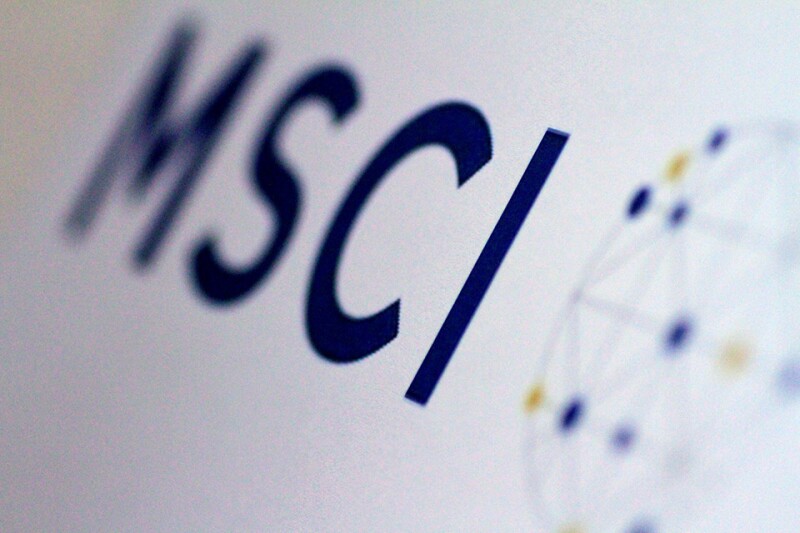
When is short selling a necessary curb on errant investor practices and when is it market protection? That is the issue South Korea's financial markets are wrestling with after a controversial ban.
In November, the country’s Financial Services Commission (FSC) imposed a ban on short-selling until June (at least), reviving a ban previously lifted in May 2021 for large-cap stocks.
This is not a huge surprise – even after the 2021 lift, many stocks remained protected from short selling – but it raises questions about the openness of one of Asia’s most important bourses, with a market capitalization of $1.61 trillion as of October.
FSC chairman Kim Joo-hyun said in November that “the measure is aimed at fundamentally easing the tilted playing field between institutional and retail investors.
“Amid continued uncertainty in financial markets, major foreign investment banks have been engaged as a matter of practice in unfair trades… and we determined that it would be impossible to maintain fair trading discipline.”
It is perhaps useful to distinguish between various forms of short selling. Much of the world has agreed since the global financial crisis that naked short selling – in which an investor shorts shares without first borrowing them, or even establishing that they can be borrowed – is a bad thing.